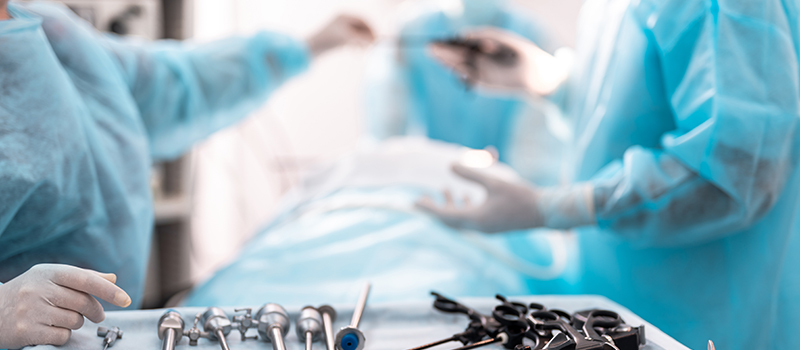
Laparoscopic Surgery
Laparoscopic surgery is an efficient alternative to open surgery, whereby smaller equipment and incisions are used. Dr Orji uses laparoscopic surgery to check for signs of abnormalities, such as fibroids or endometriosis, or to administer minor treatment.
Other reasons laparoscopy surgery may be needed are:
- Pelvic pain
- Unexplained fertility issues
- Diagnosing endometriosis, fibroids, cysts or tumours
- Reproductive cancers
- Ectopic pregnancy
- Hysterectomy
- Burch procedure
- Prolapsed uterus
What to Expect
While much quicker, laparoscopy is still an invasive procedure, and you will be put under general anaesthesia. Dr Orji will insert a small needle into your abdomen to fill it with carbon dioxide during the procedure. The gas prevents your organs from touching the abdominal walls during the surgery.
Next, Dr Orji will make an incision in your navel using a laparoscope, a small telescope that allows him to see inside your abdomen. If Dr Orji performs a diagnostic laparoscope, he will check your organs before closing the incisions. However, if he provides treatment, the procedure will be more extensive.
Recovery After Laparoscopy Surgery
After surgery, you and your vitals will be observed until the anaesthesia wears off. The recovery time will vary depending on your procedure, but you will be advised to rest until your incisions have healed. Dr Orji may also prescribe antibiotics and pain medication to assist with healing.

